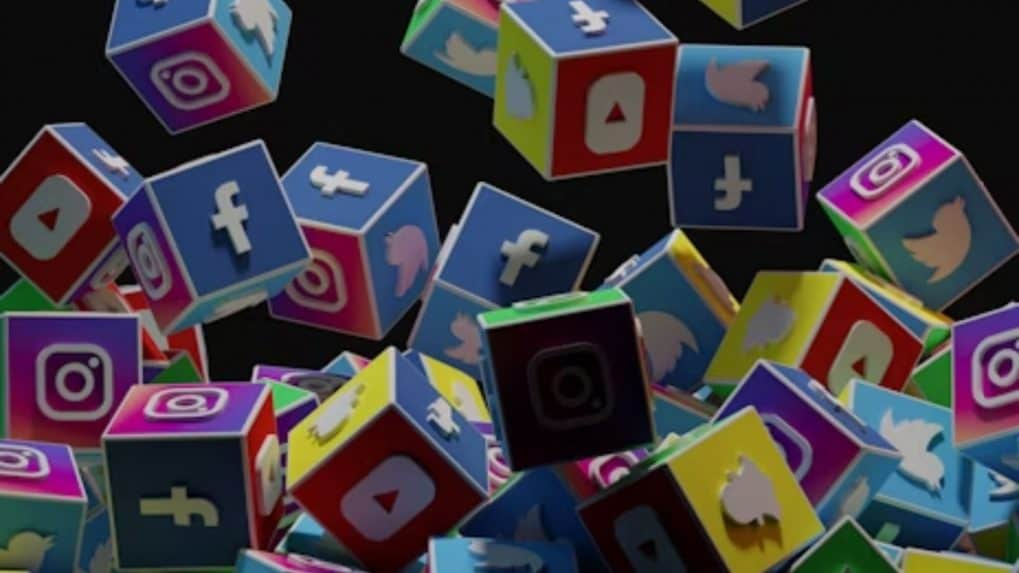YouTube down!: How social media shutdowns affect users - and how they react
Abrupt shutdowns of platforms like Instagram, Facebook, YouTube and X disrupt communication, trigger panic among users and cause financial losses for creators and businesses dependent on these digital networks.
ADVERTISEMENT
When major social media platforms like X (formerly Twitter), Facebook, Instagram, or YouTube suddenly go down, the world feels it instantly. Whether it’s a technical outage, government-imposed ban or policy-driven restriction, millions of users are abruptly cut off from their primary source of news, networking, entertainment or income.
These shutdowns rarely go unnoticed - and the reactions often follow predictable patterns.
Immediate User Reactions: Confusion, Panic and Platform-Hopping
The first instinct when a platform stops working is self-doubt. Most users initially assume the problem is on their end - they refresh, reboot, and check their internet connection. Only when messages stop delivering or videos refuse to buffer do users realise the issue is platform-wide.
That’s when platform-hopping begins. People instantly migrate to alternate apps like Telegram, Reddit, LinkedIn, or even WhatsApp to confirm if others are facing the same problem. Trending hashtags like #InstagramDown or #YouTubeDown quickly dominate search and chat feeds.
In the absence of official statements, memes and humour often become the first form of collective coping.
Creators and Businesses Face the Hardest Hit
For regular users, a shutdown is an inconvenience. But for creators, influencers, small businesses and marketers, it can mean real-time financial loss.
Content creators lose ongoing livestreams or planned video drops.
E-commerce brands dependent on Instagram Shops or Facebook Ads face stalled sales.
Customer support pages and service announcements suddenly go silent.
Scheduled launches or campaigns fall flat if visibility drops to zero.
These disruptions highlight how deeply platform-dependent the digital economy has become.
Emotional Impact: Disconnection and Digital Withdrawal
Social media isn’t just a time-pass tool — for many, it's part of their daily emotional routine. Sudden shutdowns create:
FOMO (Fear of Missing Out) — especially during major events, crises, or sports matches.
Anxiety among long-distance families and communities who rely on messaging features.
Frustration among gamers and streamers dependent on YouTube or Facebook Live.
Interestingly, some users also welcome the silence — seeing it as a forced digital detox.
The Rise of Backup Platforms and Decentralised Communities
Repeated outages have taught users one key lesson: never rely on a single platform. Many individuals and brands now diversify their presence across:
Multiple social media channels
Email newsletters
Community-led platforms like Discord or Telegram
Personal websites or blogs
This shift hints at an emerging trend — digital autonomy over platform monopoly.
What These Shutdowns Reveal About Our Digital Dependence
Whether it lasts 10 minutes or 10 days, every social media blackout exposes the same reality: these platforms are no longer “just apps”. They are infrastructure — shaping communication, business, activism, entertainment and even identity.
Users may joke about outages, but their reactions reveal something deeper: we don’t just use social media — we live on it.
Abrupt shutdowns of platforms like X, Instagram, Facebook, and YouTube do more than pause scrolling. They disrupt communication patterns, emotional rhythms and economic activity — often all at once. The smarter users and businesses are the ones who treat these platforms as tools, not lifelines — and always keep a Plan B.
Read more: YouTube down: Major outage affects millions of users
Read more: PlayStation Network faces widespread outage; users report login and server issues
Also read: Biggest social media outages in recent years


